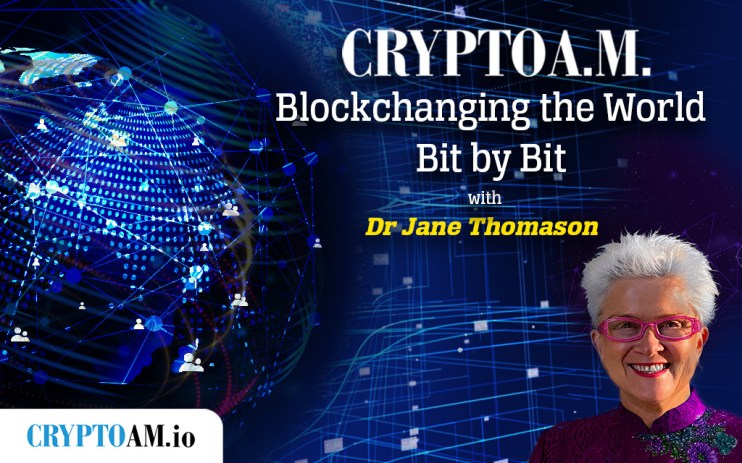The metaverse could be just the tonic for social prescribing

Social prescribing is an approach to enable link workers to refer people to a range of local, non-clinical services, and recognises that people’s well-being is determined by a range of social, economic and environmental factors. Social prescribing link workers are based in GP practices and take referrals from local agencies.
Link workers build trusting relationships, and create a shared plan and introduce people to community support. Social prescribing can involve a wide range of health care, financial and social services, volunteering, group learning, gardening, community, cooking, healthy eating advice, sports and other activities. This has been especially beneficial for those with mental health problems, complex needs, social isolation, and multiple long-term conditions.
Some relevant use cases are covered in How Will the Metaverse Change Health Care, such as avatar consultations, collaboration, education, and gamification to encourage wellness. But on reflection, where the most significant benefit will come will be from the emergence of community-owned economies and social tokens in the metaverse.
2020 was the year social tokens entered explosive growth as a category; as documented by Forefront, in 2021, the total market cap of key social tokens surpassed $303m – a 500% growth from 2020.
These bring about new immersive economies with bi-directional relationships between creators and consumers, with benefits on both sides.
To date, the main use cases have been for celebrities and fans. I agree with Raoul Paul from RealVision who predicts that social or community tokens will be the next big development in the crypto market.
Anyone can create a community token. The holders of that token are rewarded, with things such as exclusive content, access to group chats, or digital merchandise, creating an ecosystem where everybody can connect and everybody feels close to the centre of the community.
Personal tokens could be centred around service providers in a social prescribing metaverse. Community tokens are centred around communities rather than individuals and are often used for memberships that regulate access and participation within the respective community. This token-gated access is the primary use case for most of today’s community tokens.
Social tokens have more value than conventional points because they are usable beyond the platform; they can be used for decision making and resource allocation, and they may develop market value which would make it possible for early contributors to exit.
Social tokens are both the entry to a community and a financial instrument tracking the perceived value of that community.
A popular mechanism for increasing token value is by offering products and services exclusively to token holders (or at a discount). For example, consulting services for tokens
One of the first projects that pioneered token-gated access is the Karma Community, gated by its community token… “Karma is a project with a stance on helping those suffering and in need. Our aim and objectives are to help those in need get back on their feet and open new chapters of success to their lives”.
Effective tool
Community tokens can also be an effective tool to set incentives for desired behaviour within a community. A token can also meaningfully enhance community cohesion and identity.
One example is Donuts – a community token for an Ethereum-related subreddit. Members are continuously rewarded with Donut tokens according to how active they are in the community. Donuts are tokens that represent community contribution and engagement at the /r/ethtrader subreddit.
Users earn Donuts simply by participating and contributing content to /r/ethtrader.
Friends with benefits, another token-gated community, use their $FWB token to incentivise community members to participate in the Discord, attend calls, and host events.
Digital goods present another opportunity, like POAP which certifies attendance at specific events.
Tokens that represent a credible commitment to political or social causes could allow strangers to trust each other without knowing anything else, for example, when meeting as pseudonymous virtual avatars in the metaverse.